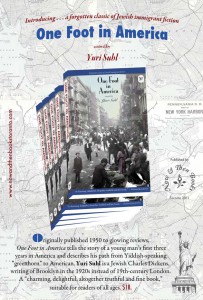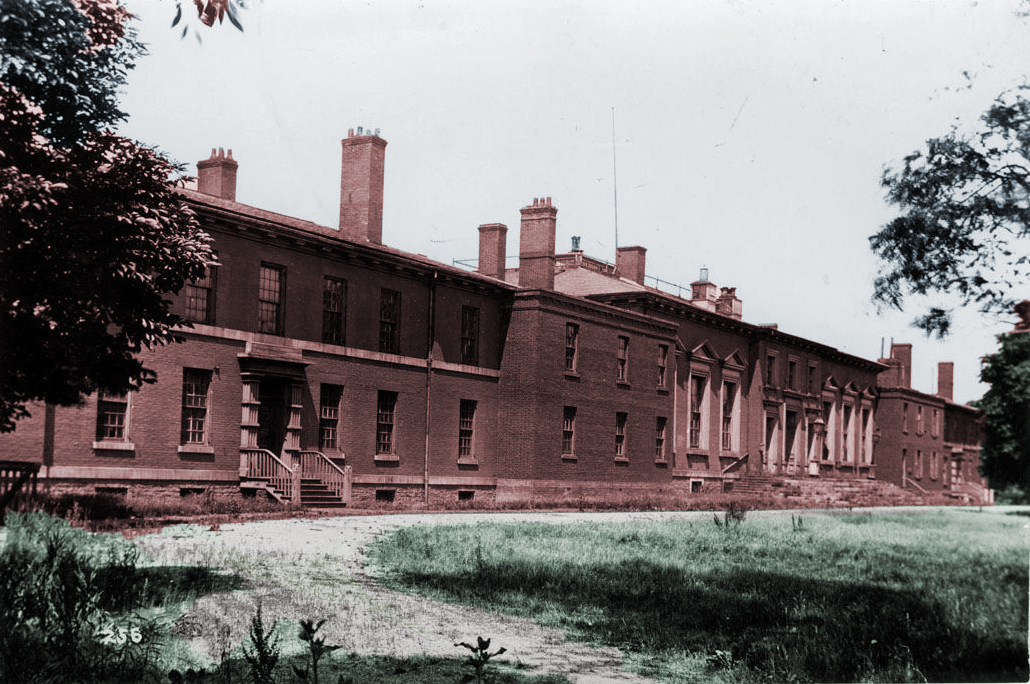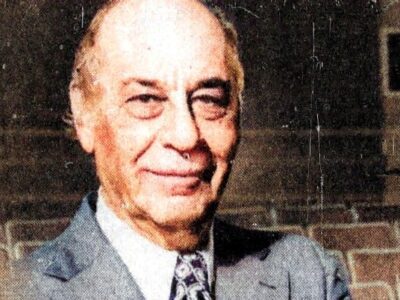 With The Featherbed, Toronto writer John Miller gives us a credible depiction of tenement life on New York’s Lower East Side of a century ago, but with a number of jarring twists.
With The Featherbed, Toronto writer John Miller gives us a credible depiction of tenement life on New York’s Lower East Side of a century ago, but with a number of jarring twists.
Anna and Sadie, sisters who haven’t seen each other in more than 50 years, are reunited at the funeral of their mother, who still lived in the family’s tiny tenement apartment in lower Manhattan. During the shiva, the sisters become reacquainted with each other as they struggle to understand the many dark family secrets and deceptions contained in their mother’s diaries.
Their mother, Rebecca, had been forced into an arranged and unhappy marriage; her diaries, which are conveyed to us in both first-person and third-person narratives, reveal exactly how and with whom she finally finds love, as well as a secret involving the parentage of one of the daughters. The diaries are at the center of the novel.
Miller pays due homage to writers like Henry Roth and Abraham Cahan, and never seems to lose sight of the fact that he is revisiting a hallowed literary terrain.
In true Rothian fashion, for instance, Rebecca is frightened by the dark stairwell in her building, which she associates with the menacing sexuality of the human male. The book consistently portrays men unsympathetically as animalistic and abusive.
The author even throws in a reference to Cahan’s short novel Yekl, which became the basis for the film Hester Street. He underscores the reference by setting the next scene in Hester Street.
Sweatshop scenes, street vendors, a union rally that turns violent, a tenement tragedy involving gas, and other period markers lend a sense of graphic authenticity. The dialogue sometimes manages to capture the flavour of tenement “Yinglish.”
The characters seem steeped in the familiar poverty, class struggle and sexual oppression of the era, and seem to exist within the tightly constricted psychological and physical confines common to ghetto literature.
Grafted onto this realistic period portrait, however, is a narrative discourse about radical gender politics that seems out of keeping with the era, and more in keeping with our own.
Invariably locked into joyless relationships with overbearing and violent men, Miller’s female protagonists break out of their bondage in shocking and unconventional ways. They are Jewish in name only, with no discernible connection to Jewish spiritual traditions or family values.
Although disturbing, The Featherbed is a bold first novel. Miller has evoked a credible feminist voice. Having previously written for Fuse magazine and Xtra!, he is a gifted literary craftsman who deserves watching.
The Featherbed is published by Simon & Pierre Fiction, a member of the Dundurn Group, and costs $21.99 in Canada. ♦
© 2002







